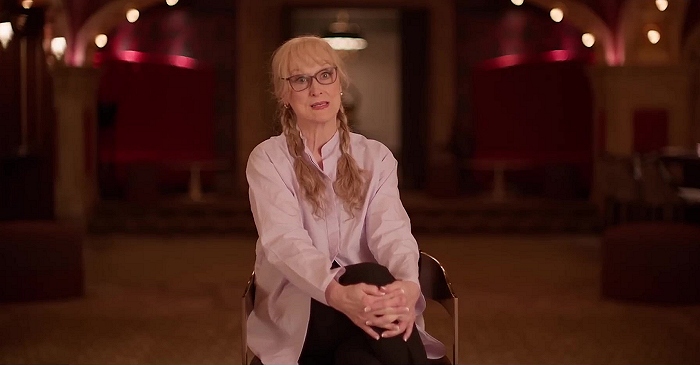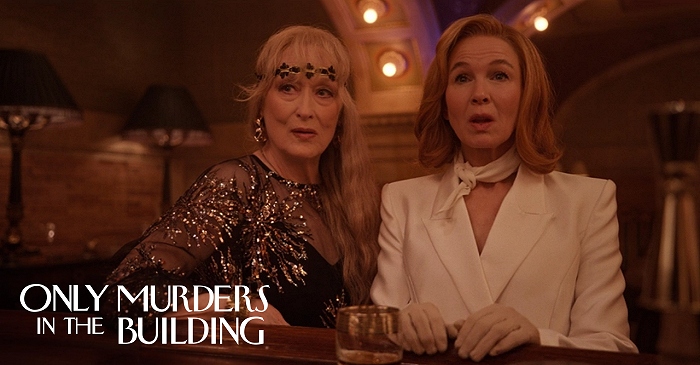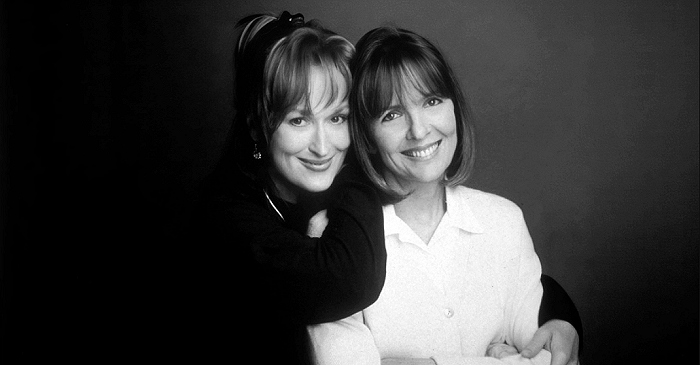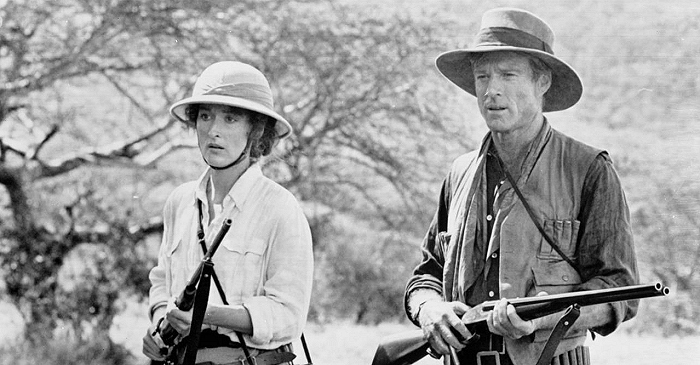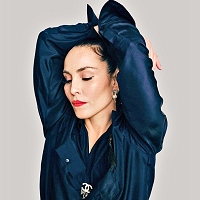|
Simply Streep is your premiere online resource on Meryl Streep's work on film, television and in the theatre - a career that has won her acclaim to be one of the world's greatest living actresses. Created in 1999, Simply Streep has built an extensive collection over the past 25 years to discover Miss Streep's body of work through thousands of photographs, articles and video clips. Enjoy your stay and check back soon.
|
|
Spotlight: Meryl Streep
Seventeen Magazine ·
February 1977
| ||
In a more romantic era, actress Meryl Streep would have been a painter’s delight, with her striking blue eyes, long blond hair and classic features. Wihtin the last eighteen months she has become a familiar figure on the Broadway stage, popping up in an astonishing variety of roles in no less than seven different productions. She has been a southern floosie, a fanatic nun, a pre-Civil War belle, a Manhattan secretary – and at the moment, she’s a maid with fancilful airs in Chekhov’s poignant comedy “The Cherry Orchard”, at New York’s Lincoln Center. She will soon be appearing on CBS-TV in “The Deadliest Season”, as the conscience-ridden wife of a hockey player accused of murder on the ince. Later this year she makes her movie debut in “Julia”, a drama about Americans and the underground in Nazi Germany, adapted from one chapter of Lilian Hellman’s memoir, “Pentimento”, and starring Jane Fonda and Vanessa Redgrave.
“The part in the movie came out of the blue,” Meryl says. “I thought I’d perpetrated some sort of great hoax, that they would find out I was a charlatan. I was so nervous the first day on the set that I broke out in hives!” But Jane Fonda was very supportive. “When I wasn’t in the right place for the lights, she asked ‘Why isn’t there a light on Meryl?” And Meryl found Vanessa Redgrave, noted for her interest in politics, to be extraordinary. “The light that comes into her eyes when she talks about unions – she reminded me of people I met in college who really thought they were going to change the world. I guess everybody wants to save the world the minute you grow up and open their eyes and see how crummy some things are, how inequitable”.
Before she found herself out in the world, Meryl led a sheltered life in suburban New Jersey, where her father worked for a pharmaceutical firm. When she was telve, she began studying voice. “I was the star of my high school,” she remembers. “I was the lead in the musical three years in a row, was a cheerleader, went with the fullback of the football team, and got into a very good school – Vassar. But I wasn’t really very popular. People were jealous of me because of all these accomplishments. I didn’t realize that I must have been obnoxious. I tried to be a good singer, get good grades, do everything right and be like the girls in the magazines. I spent a lot of time on my clothes, my hairdos and all that stuff because I thought it had something to do with the kind of person I was. I didn’t really, but I didn’t realize that until I went away to college.
“Somehow when I was in high school, my world was very small. When I was eighteen and took a plane trip for the first time, I passed over Bernardsville, where I grew up. My whole life, all the roads I knew, my school, my house” – Meryl puts forefinger and thumb together – “all fit within a space this big! It’s an amazing revelation to be that far above your own existence and appreciate how little it is.” After she graduated from Vassar, Meryl spent a year in Vermont with a little theater company, directing, acting and selling program subscriptions. She had such a good time that she decided to try to become a professional actress and applies to Yale Drama Scool. Three years later she had her master’s in Fine Arts. “Yale has a competitive, highly charged atmosphere,” Meryl explains. “They feel New York theater is this fearsome beast that will just swallow you up. No jobs! I found it to be great, everything they said it wouldn’t be. But I couldn’t have done it without Yale.”
As an actress, Meryl considers herself to be an interpreter: “If actors were just reproducing an author’s idea, there would be no reason for critics reviewing different ways of presenting them. What I want from the theater is the kind of thing that you get watching a great actress like Irene Worth (star of “The Cherry Orchard”). She makes me feel good to be alive. She makes me understand so well the particular person she plays that it makes me more interested in the people sitting around me. And that makes you understand your own humanity. You look into motives – yours, those of others. I once stood in a museum before a painting of Elizabeth I of England and looked her full in the face for ten minutes. Besides Lord Essex and a few others, I bet nobody was allowed to stare at her like that in her time. In the theater, we’re allowed to stare at people. It’s like painting a portrait. When it comes off, it’s a thrill!”






